I had a story. It was a courtroom drama. I was doing a lot of courtroom work. I was a very young lawyer. I was sort of consumed with this story. And one night I just said, ‘Okay. I’m going to try to capture it, see what I can do with words.’ And that’s what happened.
John Grisham was born in Jonesboro, Arkansas. His father, a cotton farmer and itinerant construction worker, moved the family frequently, from town to town throughout the Deep South, settling in Southaven, Mississippi in 1967. Although his parents lacked formal education, his mother encouraged him to read and insisted that he prepare himself for college.

By his own account, John Grisham had no interest in writing until after he embarked on his professional career. For his first two years in college, he drifted. He attended three different colleges before earning a degree. After abandoning a youthful dream of a professional baseball career, he settled down to study accounting and prepare for a career as a tax lawyer. While in law school, his interest shifted from tax law to criminal law and litigation. After graduating from the University of Mississippi law school, he returned to Southaven and established a small private legal practice. He was elected to the Mississippi House of Representatives in 1983. By his second term he held the vice chairmanship of the Apportionment and Elections Committee, as well as memberships on the Insurance, Judiciary “A” and Military Affairs Committee.
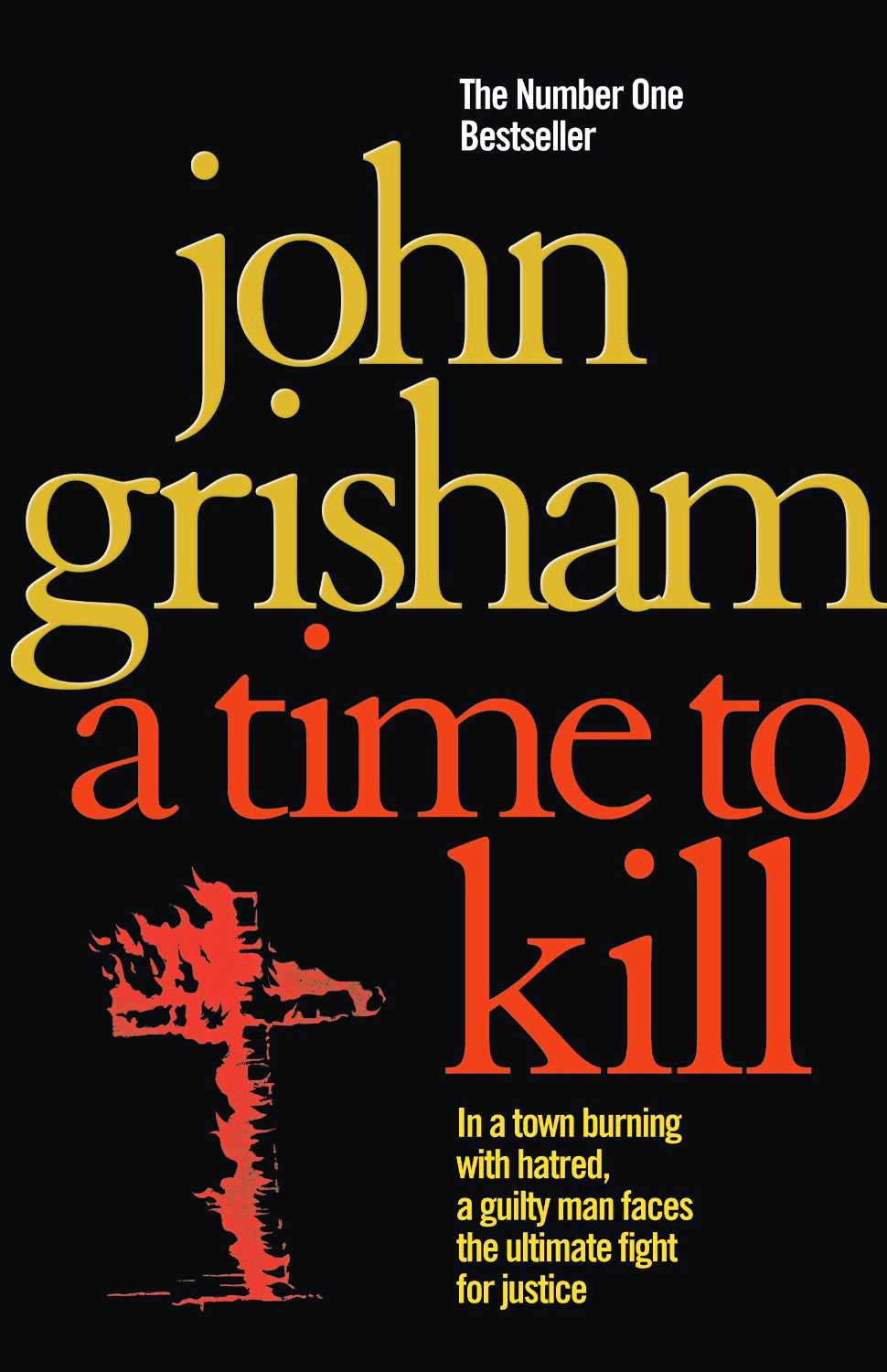
In Mississippi, attorneys in private practice are sometimes called upon to appear as public defenders for indigent clients. In this way, Grisham received invaluable experience of the criminal justice system. Inspired by a case he observed in a Mississippi courthouse, Grisham decided to write a novel. For years, he arrived at his office at five o’clock in the morning, six days a week, to work on his first book, A Time To Kill. His manuscript was rejected by 28 publishers before he found an unknown publisher who was willing to print a short run. Without the benefit of a major publisher’s marketing apparatus, the novice author went directly to booksellers, encouraging them to stock his book.
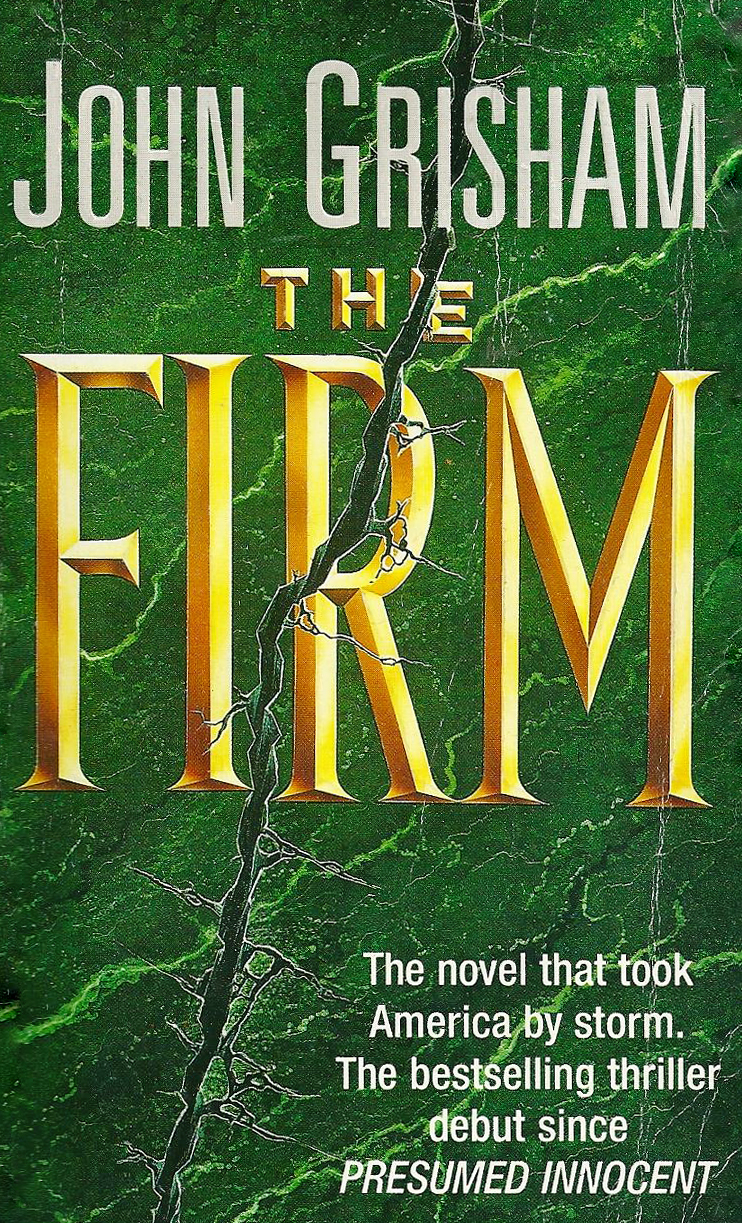
Although A Time to Kill only sold a disappointing 5,000 copies, Grisham had already begun work on a second novel, The Firm. At the same time, bored with the routine of the state capital and eager to spend more time with his family, he decided not to seek re-election to the state legislature. He closed his office in Southaven and moved his family to Oxford, Mississippi, hoping to concentrate on his writing.
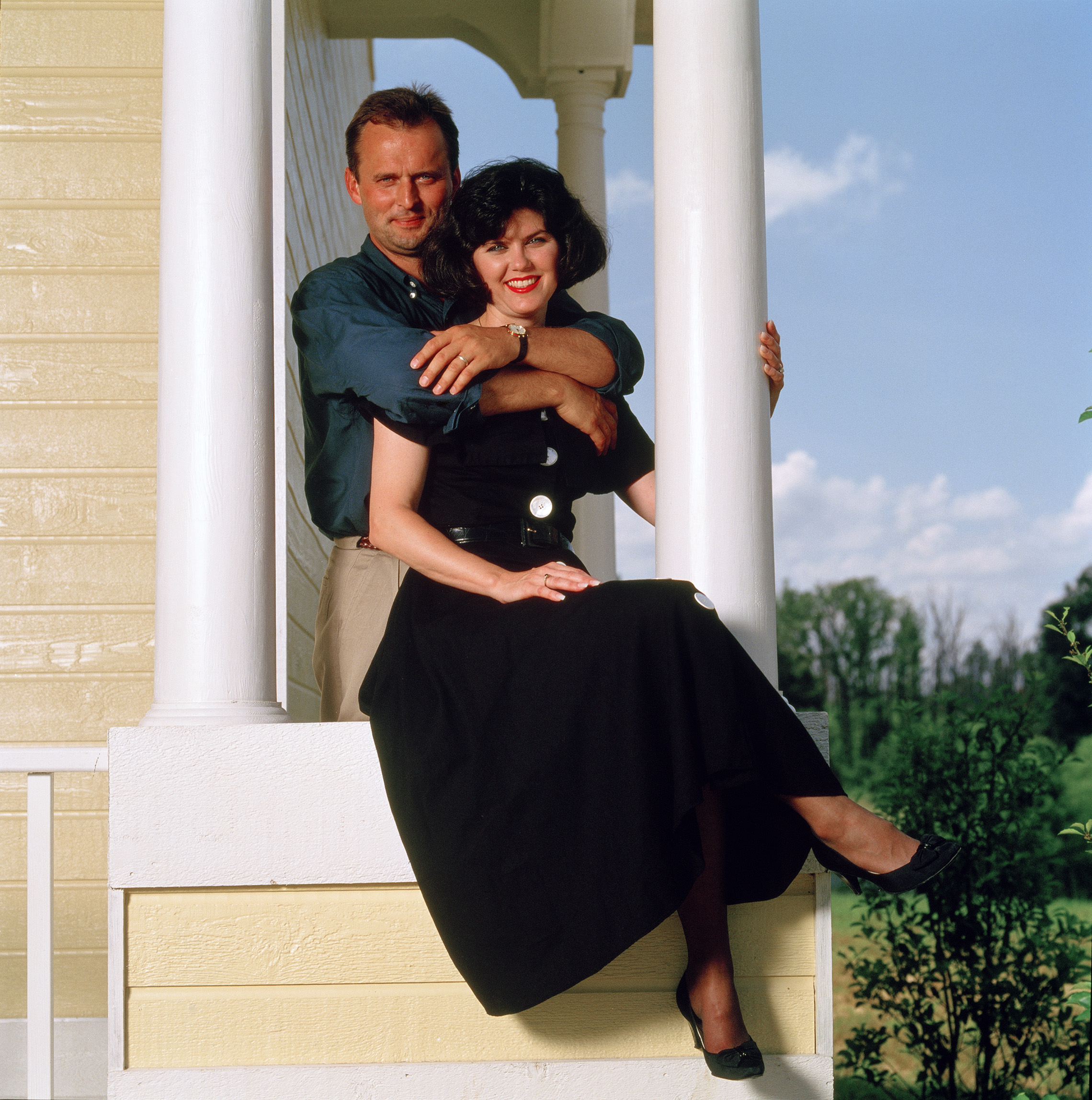
At age 36, his career as a novelist bloomed when movie rights to The Firm were sold for a hefty price, even before the book had found a publisher. The Firm sold more than seven million copies and spent 47 weeks on The New York Times bestseller list. With the success of The Firm, John Grisham finally gave up his law practice to write full-time. He has returned to the practice of law on only one occasion since, in 1996, to win a settlement for the family of a railroad worker killed on the job. Meanwhile, he has continued to write enormously successful legal thrillers at the rate of nearly one a year. As of this writing, seven of his books —The Chamber, The Rainmaker, The Street Lawyer, The Testament, The Brethren, The Summons and The Broker — were the bestselling novels of their respective years.

Beginning in 2001, Grisham has occasionally departed from the format of the legal thriller to write works of fiction on other subjects, particularly baseball and life in the rural South. The first of these was A Painted House, followed by Skipping Christmas, Bleachers and Playing for Pizza. His 2009 book of short stories, Ford County, returned to the setting of his first novel. Nine of Grisham’s tales have been adapted for film and television, including The Firm, The Pelican Brief, The Client, The Rainmaker, along with his original screenplay The Gingerbread Man. The film version of Skipping Christmas was re-titled Christmas with the Kranks.
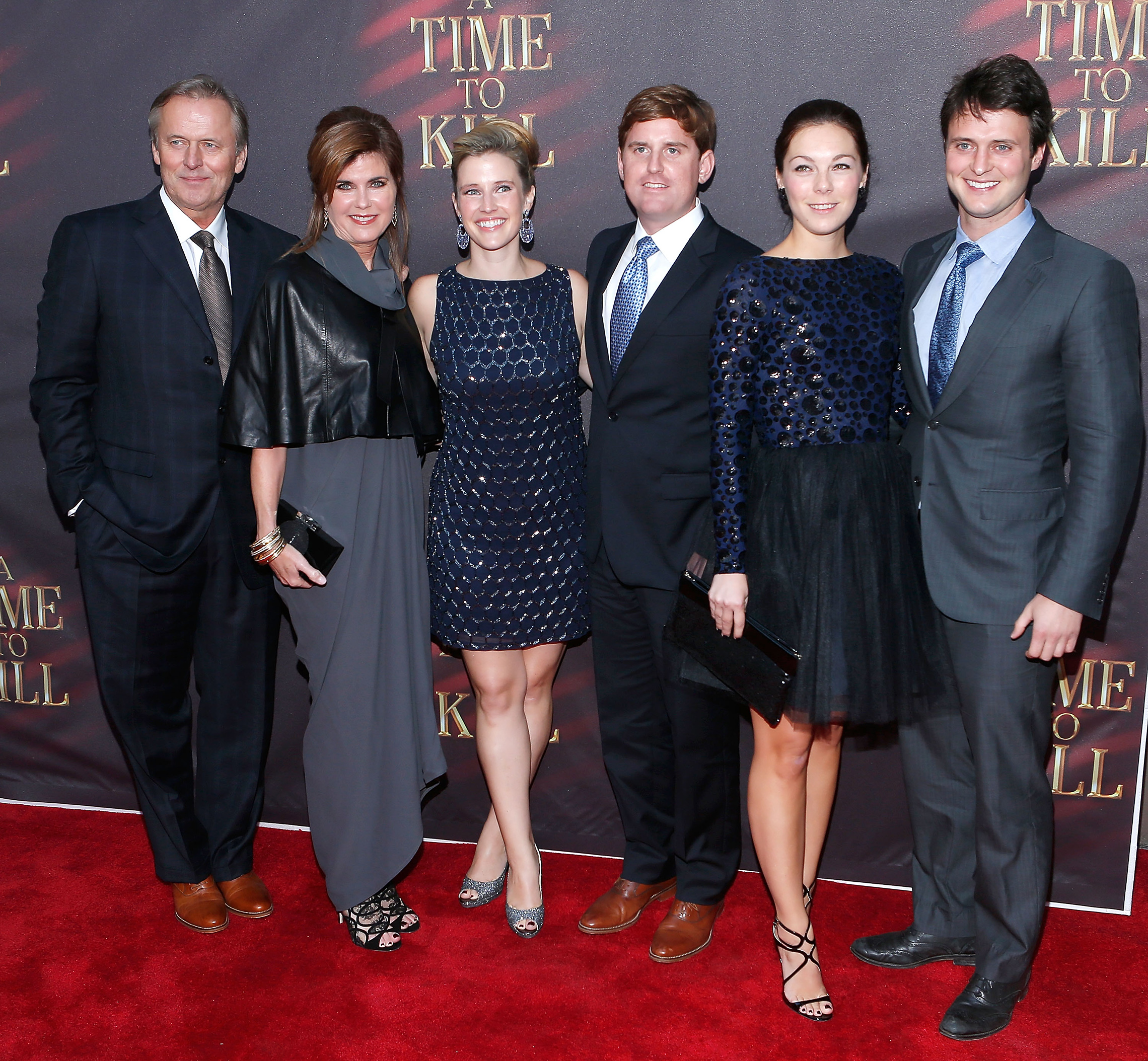
Today, John Grisham and his wife, Renee Jones, keep homes in Oxford, Mississippi and near Charlottesville, Virginia. Apart from his writing, Grisham is a generous supporter of Little League teams in Oxford and Charlottesville and has endowed a writing scholarship at the University of Mississippi.

Grisham’s nonfiction book, The Innocent Man (2006), recounted the real-life case of Ron Williamson, a former professional baseball player sentenced to death for a murder he did not commit. Williamson was eventually released; his case exposed glaring inadequacies in the criminal justice system. John Grisham is also a board member of the Innocence Project, an organization that promotes the use of DNA evidence to exonerate the wrongly convicted. He has spoken and written publicly against America’s high rates of incarceration and is an outspoken opponent of capital punishment.
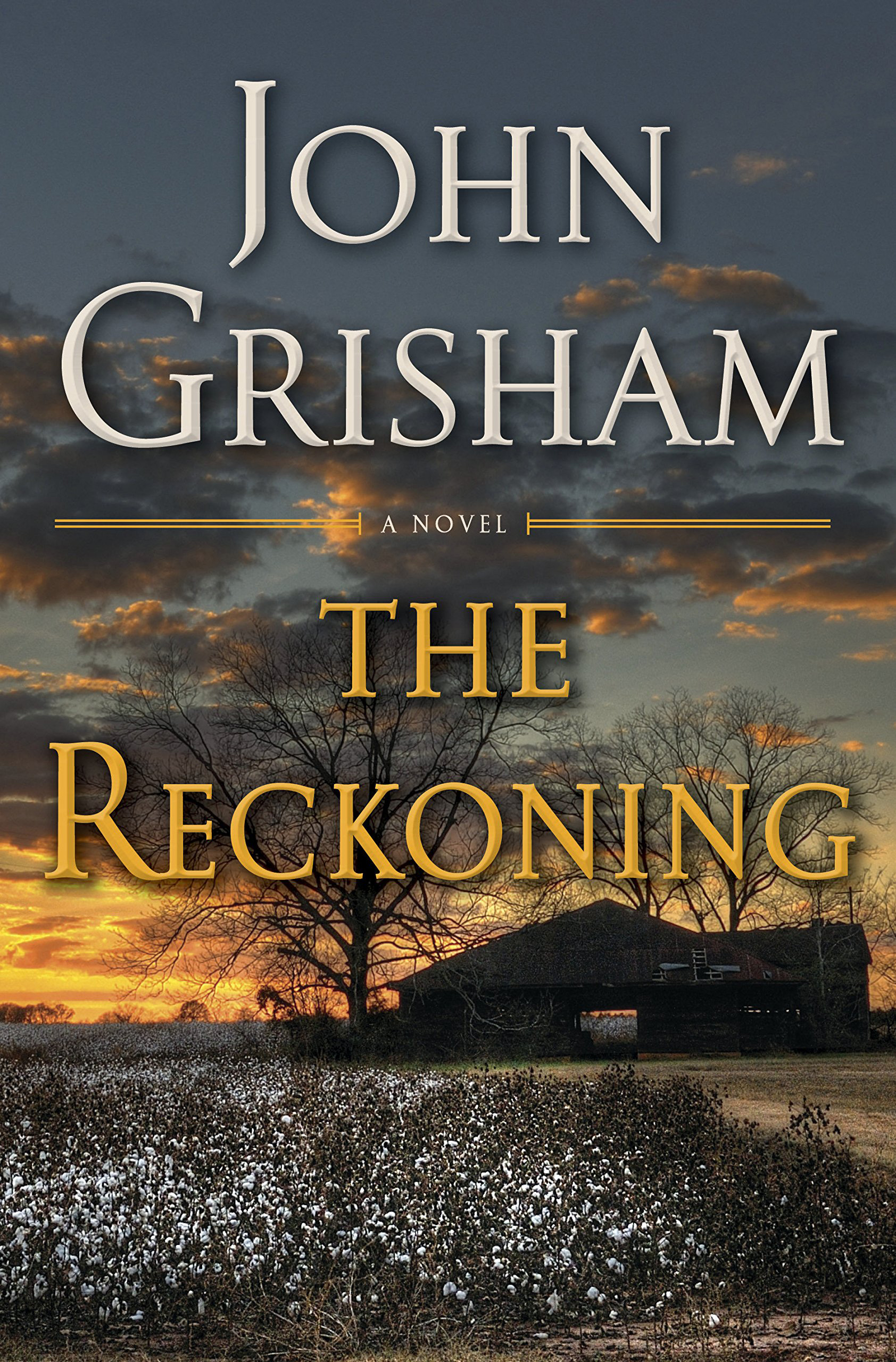
Despite these interests and activities, Grisham has not stopped producing bestselling novels, such as The Associate and The Confession, or his 2011 comic novel, The Litigators. In 2010, he initiated a continuing series of novels for younger readers with Theodore Boone, Kid Lawyer. In addition to the baseball-themed 2012 novel, Calico Joe, he has continued to craft highly successful thrillers, including The Racketeer, Sycamore Row, Gray Mountain, Rogue Lawyer and The Whistler. Camino Island, published in 2017, introduced a new type of hero in Grisham’s fiction. Bookseller Bruce Cable, a dealer in rare books, is drawn into a web of intrigue following the theft of treasured manuscripts from Princeton University.
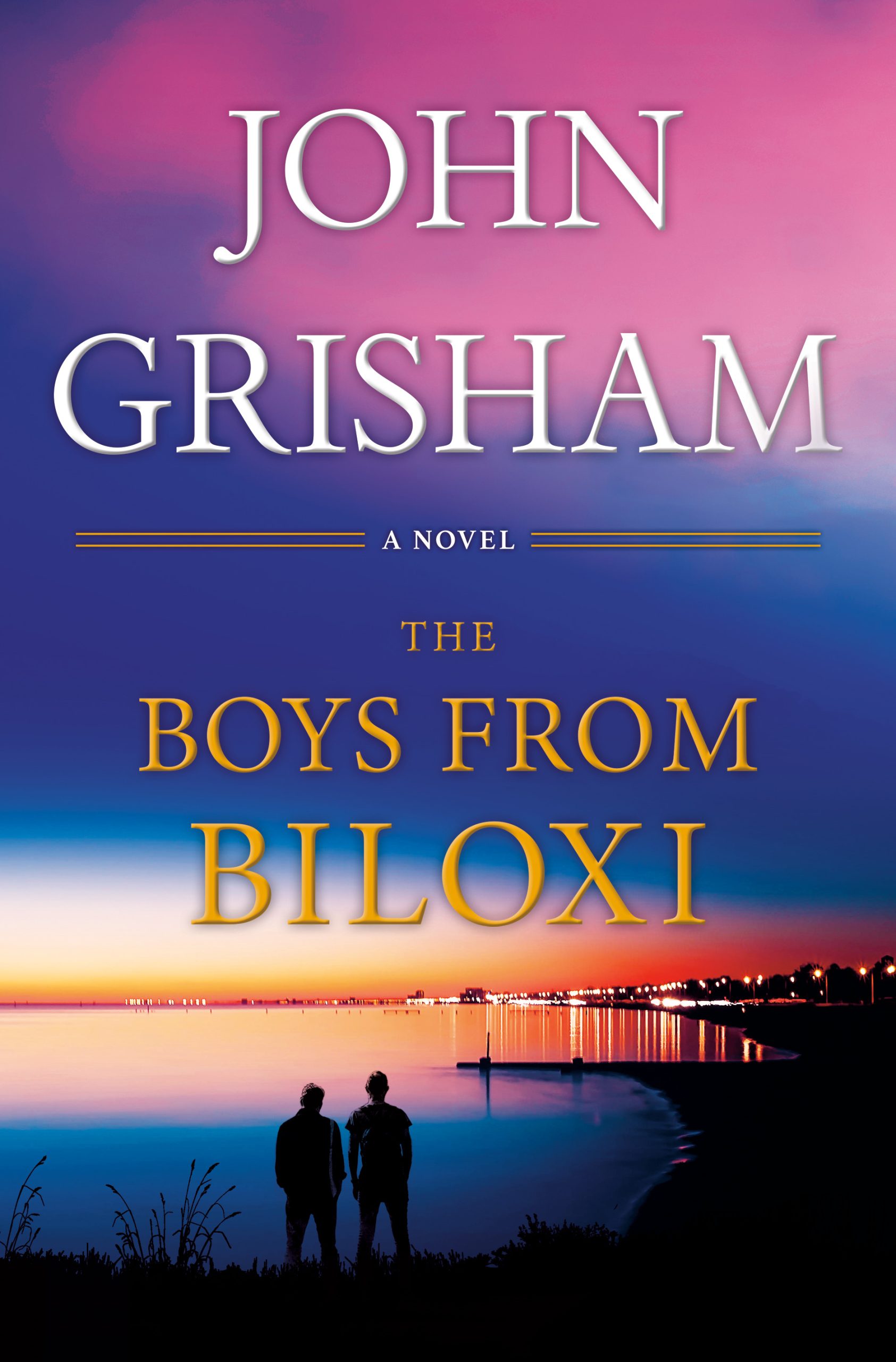
His 2018 novel The Reckoning — a combination of courtroom drama and Gothic family saga — immediately landed in the number one position on The New York Times bestseller lists for both hardcover fiction and in the combined print and e-book category. Grisham published his 40th novel, The Guardians in October 2019, introducing a new protagonist: Cullen Post, an attorney who is also an Episcopal priest, seeking justice for the wrongly convicted. The Guardians, too, debuted at number one on The New York Times bestseller list.

Grisham returned to the imaginary setting of Camino Island in the 2020 novel Camino Winds, in which his bookseller hero Bruce Cable is called upon to solve the murder of a crime novelist, a crime committed under cover of a tropical storm. Not surprisingly, the book debuted in first place on The New York Times bestseller list. Later that year, Grisham published A Time For Mercy, in which he revives the hero of his first novel, small-town lawyer Jake Brigance, who is called to defend a minor accused of killing a sheriff’s deputy. In October 2023, John Grisham is set to captivate readers with his highly anticipated novel, The Exchange, a sequel to the book that catapulted him to literary stardom over 30 years ago, The Firm. Grisham’s storytelling prowess shines in this new installment, where he revisits the character Mitch McDeere, now wealthy and living as an international lawyer in New York City.
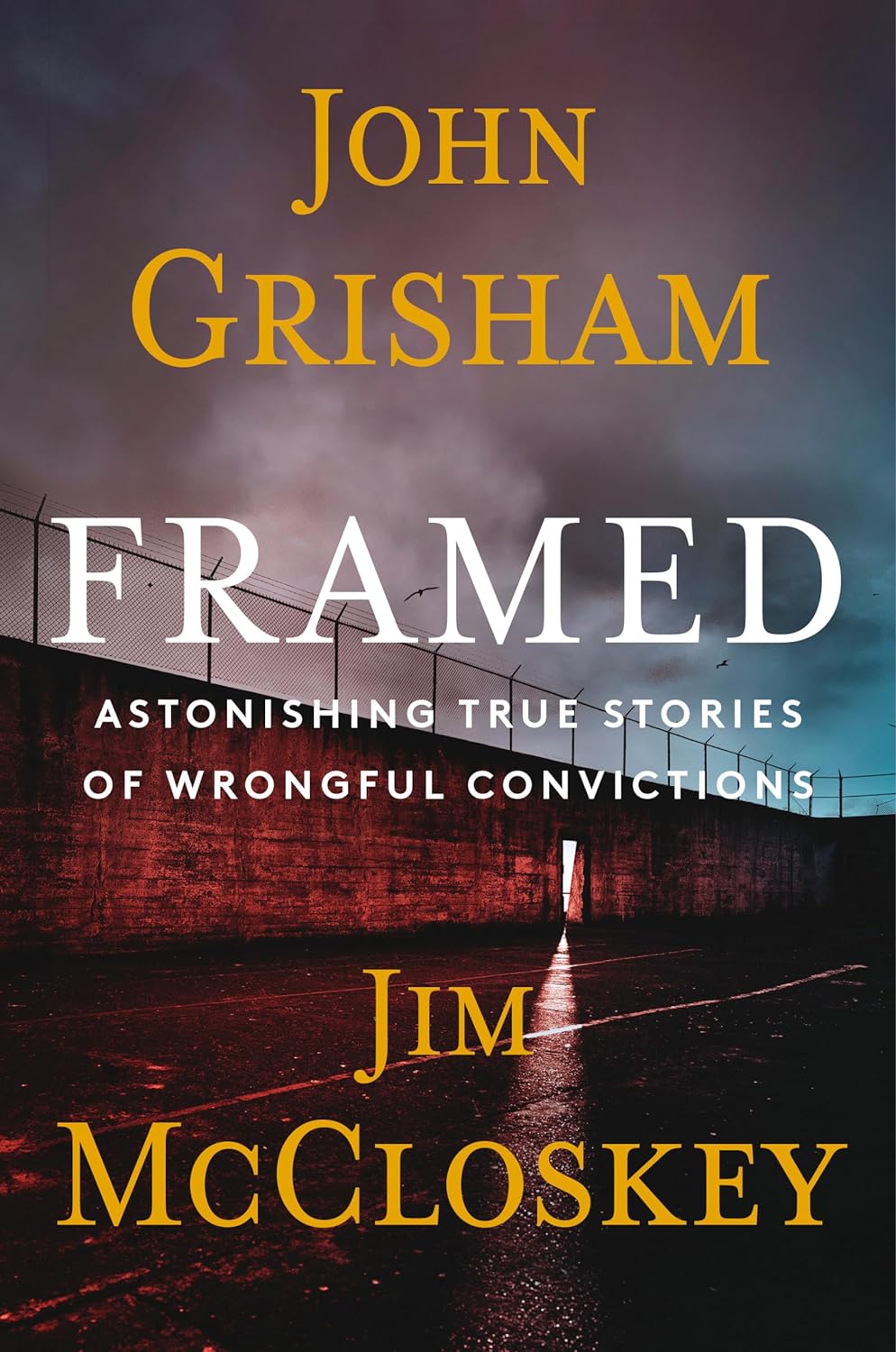
In October 2025, Grisham published The Widow, a departure into the classic whodunit. Set in rural Virginia, it follows Simon Latch, a small-town lawyer drawn into the affairs of an elderly widow with a hidden inheritance. When she dies under suspicious circumstances, Latch is charged with her murder and must uncover the truth to save himself. The novel returns to Grisham’s familiar concerns with justice, circumstance, and the vulnerabilities of ordinary lives.

“I find myself taking long walks on my farm with my wife, Renee, wondering what in the world happened,” says Grisham.
Today he one of the world’s bestselling authors, but John Grisham showed no early interest in writing. One day in 1984, three years after Grisham began practicing law in Southaven, Mississippi, he dropped by the courthouse to observe a trial. “This ten-year-old girl was testifying against a man who had raped her and left her for dead,” he says. “I never felt such emotion and human drama in my life. I became obsessed wondering what it would be like if the girl’s father killed that rapist and was put on trial. I had to write it down.”
Grisham has hardly stopped writing since then. Grisham’s first novel, A Time To Kill, was published in 1989 and sold a mere 5,000 copies. But his second, The Firm, the story of a law school grad recruited by a firm with mob connections, spent a spectacular 47 weeks on The New York Times bestseller list. Once Grisham started writing, he never stopped. Every year brings a new bestseller from the master of the legal thriller. Many of his works, including The Firm, The Pelican Brief, The Client and The Rainmaker have been made into successful motion pictures. Read all over the world, his books have sold more that 300 million copies.
When did you decide to start writing?
The writing has come fairly late in life. I never dreamed of being a writer when I was a kid, even a student, even in college. In fact, I’d been practicing law for about three or four years in the early ’80s, when I decided to make a stab at writing a story that I’d been thinking about. And the story eventually became A Time to Kill.

What inspired you to begin with?
John Grisham: When I started all this, my motives were pure. I was not driven by greed or money. I had a story. It was a courtroom drama. I was doing a lot of courtroom work; I was a very young lawyer. But I was handling a lot of court-appointed criminal cases, in trial a lot. And I knew the criminal system, and I knew a lot about it. So I came up with a story about a murder trial, and some of it was based on personal experience, most of it was not. And I kept telling myself, I would like to be the lawyer who defended a father who murdered the two guys who raped his daughter. I think that would be a fascinating case. One thing led to another, and I was sort of consumed with this story. And one night I just said, “Okay. I’m going to try to capture it, see what I can do with words.” And that’s what happened.
It took three years to write it, and I was very disciplined about doing it. It was very much a hobby. By the time I finished it, I had developed a routine of writing every day. When I finished it, I went to the next book, which was The Firm. Once that was written, everything started changing. I wouldn’t use the word “accident,” but it certainly wasn’t planned. I never dreamed of it.

You found the time to write, so you must have been pretty motivated.
John Grisham: The bulk of the first two books, A Time to Kill and The Firm, those books were written over a five-year period, back-to-back, from about 1984 to about 1989. The bulk was written at five o’clock in the morning, from five ’til seven in the morning. I’d get up and go to the office that early. And again, it wasn’t any fun, but it was a habit. It got to be part of the daily routine. And I remember several times being in court at nine o’clock in the morning, really tired, because writing takes a lot out of you. It’s draining. And I would do it for an hour or two in the morning, and get ready for court, and go to court. Be standing, waiting for the judge, and be really tired.

Was there a moment in your career that really stands out as a turning point?
John Grisham: There have been some wonderful phone calls from New York. The biggest phone call yet was the first time, a truly magical moment. After a year of being turned down, my agent called one day in April of ’88 and said, “We have a publisher for A Time to Kill. It’s going to be a book.” At that point it had been turned down by 30-something publishers. Everybody had said no to it. He found a very small press in New York, and they wanted to buy it. That was a huge moment.
Another time, he called and said, “We’ve sold the film rights to The Firm to Paramount.” It was totally unexpected, because at that time there was no book deal, it was just in manuscript form. Those are big moments. I don’t know if you sort of get jaded, or callous to success, but it’s still terribly exciting. It’s still hard to believe.
The Firm was published four years ago, so it’s been awfully quick. The Firm was not the first book, but it was the first book anybody read. My career is still in its infancy and it still feels brand new. Something happens every day that makes me stop and try to remember where I am and what’s happening.

Tell us about your family and your friends.
John Grisham: It’s easy to remember friends.
When A Time to Kill was published, it was an unknown author, unknown book, unknown publisher. There was no money for promotion, so I tried to sell the book myself. And I went to a lot of book stores in the Memphis, mid-South area, and a lot of them had no time, you know? They didn’t want a new author, especially one with a publisher they’d never heard of. But there were a handful who opened their doors and said, “Sure, come in. We’ll try to sell some books, and we’ll have a party, and we’ll invite all of our customers.”
And, you know, it’s hard to forget people like that. And it’s fun now. I go back every time. I’ve gone back with every book. There are five stores. I call them — they’re my home stores. These are friends of mine, and I can’t imagine publishing a book and not going back to their stores. I mean, now the book signings last for, you know, ten or 12 hours, but you know, it’s still fun. It’s tiring, but it’s only once a year. I don’t do it every day. And there are worse things in life than signing lots of copies of your own books. I’m still gratified that people show up and wait in line to get a book signed.

And, you know…
The pressure of really sudden notoriety and success, it’s good and bad. I mean, it’s something you think you’d like to have, and it’s something that’s nice. There are a lot of rewards. The good far outweighs the bad. But you catch yourself trying to remember what’s important to you, your friends and families and what you enjoyed doing years before. We have two small children, and we had a life before all this happened. And even then — we call it BF, before The Firm, that’s how we judge time — everything we did revolved around the kids, and it’s still that way. We’ve sort of regrouped as a family, and we kind of stick to ourselves, with a few friends. It makes you appreciate the friends you had, because now everybody wants to be friends. It makes you deeply appreciative of the people who are truly friends. We’ve stayed away from the success. We live in Mississippi, and in Virginia. We live in both places, but it’s country living. We try to keep it simple, and we stay away from Hollywood, New York and all those places where the attention really is.

Did you have any conception of the kind of success that you’ve come to?
John Grisham: It’s been one book at a time. A Time to Kill was published, but nobody bought it. About the time it was published, I was finished with The Firm. The Firm slowly became a bestseller when it was published. While it was getting this attention, I was writing the next book, which was The Pelican Brief.
Each book has built on the other. Then the movies came along and added a much heavier layer of fame and notoriety, and pressure. It’s just snowballed, but there’s no way I could have predicted that, because I can’t predict what’s going to happen next year with the movies and the books. I don’t have a feel for everything that’s coming.

My parents did not have the benefit of college. They didn’t get to go to college. They were from a very rural part of the Deep South, where most of my relatives were from. College to them was always a dream. For us, it was always a requirement. We knew — because they told us — we’d go to college. And they worked very hard to pay for it, and to provide it for all of five kids. And I was the first member of my family to finish college, and to get a graduate degree in law, and to start practicing law. And for the family, that was a source of immense pride. To me, that’s the American Dream, for one generation to keep building the dream for later generations.


